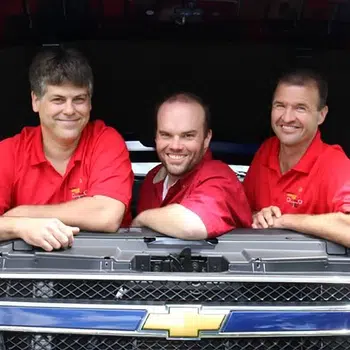By Fiston Mahamba and Hereward Holland
GOMA, Democratic Republic of Congo (Reuters) – An armed group in eastern Congo, accused by the government of carrying out an ambush on a United Nations convoy in which Italy’s ambassador and two other people were killed, has denied any involvement in the attack.
Congo’s interior ministry on Monday blamed a Hutu militia called the Democratic Forces for the Liberation of Rwanda (FDLR), which is active near where ambassador Luca Attanasio, 43 and his bodyguard Vittorio Iacovacci, 30, were shot.
World Food Programme driver Mustapha Milambo was also killed, local officials said.
The FDLR was founded by senior Rwandan officers and militiamen who the United Nations and others have said helped orchestrate the 1994 genocide in neighbouring Rwanda. It is one of around 120 armed groups operating in eastern Congo.
“The FDLR declare that they are in no way involved in the attack,” the rebel group said in a statement on Tuesday, condemning what it called a “cowardly assassination”.
The FDLR kidnapped two British tourists in the same village in May 2018 and held them for several days before freeing them. The surrounding Virunga National Park, which lies along Congo’s borders with Rwanda and Uganda and is home to more than half the world’s mountain gorillas, then closed for nine months.
Monday’s ambush was carried out by six armed men, who stopped the two-car convoy on the road north from North Kivu’s provincial capital Goma, Congo’s presidency said.
The attackers lead the seven passengers away from the cars after killing one of the drivers.
Army and park rangers tracked the group and a firefight ensued.
“The kidnappers fired point-blank shots at the bodyguard who died on the spot and at the ambassador, wounding him in the abdomen. The ambassador died of his wounds an hour later at the United Nations peacekeeping hospital in Goma,” the presidency said, adding that it was sending a team to investigate.
Pierre Boisselet from the Kivu Security Tracker, a research initiative that maps unrest in the region, said the FDLR could not be ruled out.
“(But) we haven’t seen, and the government hasn’t shown so far, evidence proving the FDLR’s responsibility at this stage,” Boisselet said.
(Reporting by Fiston Mahamba and Hereward Holland; writing by Hereward Holland; editing by Nellie Peyton and Philippa Fletcher)







